TIANJIN, June 26 – Premier Li Qiang said on Wednesday that in the face of global challenges, countries around the world should make the economic “pie” bigger through open and win-win cooperation rather than playing zero-sum games or following the law of the jungle.
Li made the remarks in an address delivered at the opening of the World Economic Forum’s 16th Annual Meeting of the New Champions, also known as the Summer Davos, in Tianjin.
He said that the global economic and trade landscape is undergoing profound changes, driven by factors such as geopolitics, technological innovation and structural shifts.
Li called on the international community to take constructive actions in carrying out international economic and trade cooperation.
“Constructive actions mean we need to proactively take more practical measures to safeguard free trade and multilateralism and promote the stable development of the world economy,” Li said.
Noting that it is normal for disputes and differences to arise in economic and trade exchanges among countries, the premier said that as long as countries engage in dialogue and consultation based on mutual respect, solutions can always be found.
“We need to strengthen macroeconomic policy coordination and ensure the stability and smooth functioning of global industrial and supply chains. Closer cooperation will help enhance the security and resilience of development for all countries,” he added.
Saying that China is confident in and capable of maintaining rapid economic growth, Li expressed the country’s commitment to do whatever it can to help tackle the difficulties and challenges facing the global economy.
Over the years, no matter how the international environment has changed, China’s economy has consistently maintained good momentum, Li said.
He noted that China’s gross domestic product grew 5.4 percent year-on-year in the first quarter of 2025, despite facing significantly heightened external shocks this year.
“Key economic indicators continued to improve in the second quarter, and I noticed that international institutions have recently raised their expectations for China’s economic growth,” he said. “China’s economic development is not about short-term spurts, but sustained progress toward long-term goals.”
He pledged that China’s market will continue to expand in size and improve in quality, saying that this will create new room for growth and help reverse the downturn in the global economy.

China is moving toward becoming a high-income country as a whole, as the demand for consumption upgrade is robust in the world’s second-largest consumption market, he said.
The country is striving to develop itself into a mega-sized consumption powerhouse on top of being a manufacturing powerhouse, which, the premier said, will create vast new market opportunities for businesses around the world.
Noting that China’s tech innovation has an open-source feature, the premier said the country is willing to share its original technologies and innovative scenarios with the world.
He reiterated the country’s commitment to fostering a first-class, market-oriented business environment governed by a sound legal framework, saying it always keeps its doors wide open and warmly welcomes businesses from all countries to invest in China and grow with China.
Featuring the theme “Entrepreneurship for a New Era”, the event, held from Tuesday to Thursday, has gathered over 1,700 leading figures from more than 90 countries and regions to explore how entrepreneurship and emerging technologies can unlock more dynamic and resilient economies.
While chairing the event, World Economic Forum President Borge Brende called for international cooperation to address global challenges, and expressed an optimistic outlook on China’s economic prospects.
Brende said that the challenges the world faces today — from the development of artificial intelligence to supply chain stability, and from green transition to the skills for the future — require countries to “move from competition to cooperation, from fragmentation to collaboration”.
“China has long been a vital partner in this regard. Its entrepreneurial ecosystem, particularly in areas like artificial intelligence, the digital economy, advanced manufacturing, green innovation and others, continues to be a powerful driver of global growth,” he said.
On Wednesday afternoon, Li held a symposium with representatives of the global business community attending the Summer Davos in Tianjin.
Li assured the business executives that China is committed to providing a stable development environment and a predictable policy environment for enterprises, and encouraged foreign companies to develop technological cooperation and collaborative innovation in China.
Speaking at the meeting, Dave West, president for the Asia-Pacific, Japan and Greater China of Cisco, a worldwide technology leader in the United States, expressed his confidence about development prospects in China and his hope for a stable relationship between the US and China.
“We are confident that the Chinese market will continue to create significant and exciting opportunities as the country advances toward its high-quality development goals,” West said. “I believe the global economy will be stronger with the US and China working together. And the stable US-China relations will bring mutual benefit, not just to our two countries.”
Michael Gelchie, CEO of Louis Dreyfus Co, a leading merchant and processor of agricultural goods from the Netherlands, said that his company continues to be bullish about the Chinese market and looks forward to injecting fresh growth momentum into global agricultural trade.
“Amid the complex challenges facing the world, China’s role as a stabilizing force is more critical than ever,” he said.

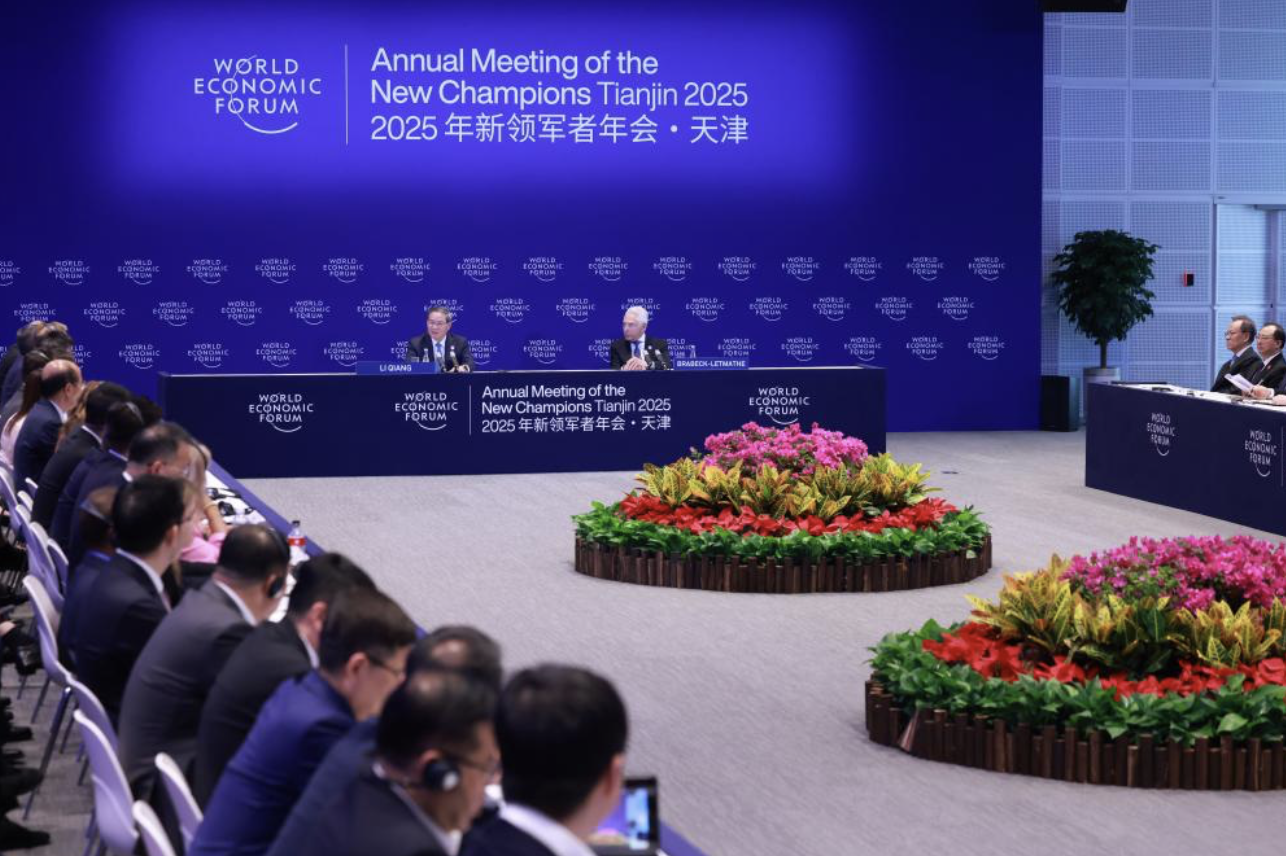









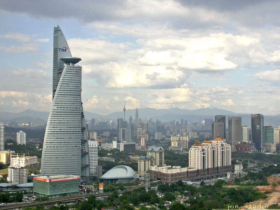


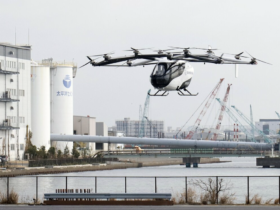
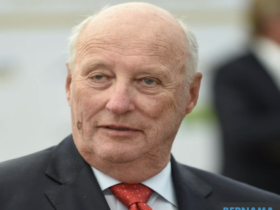

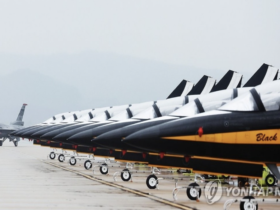



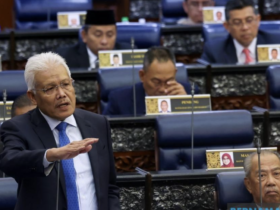
Leave a Reply